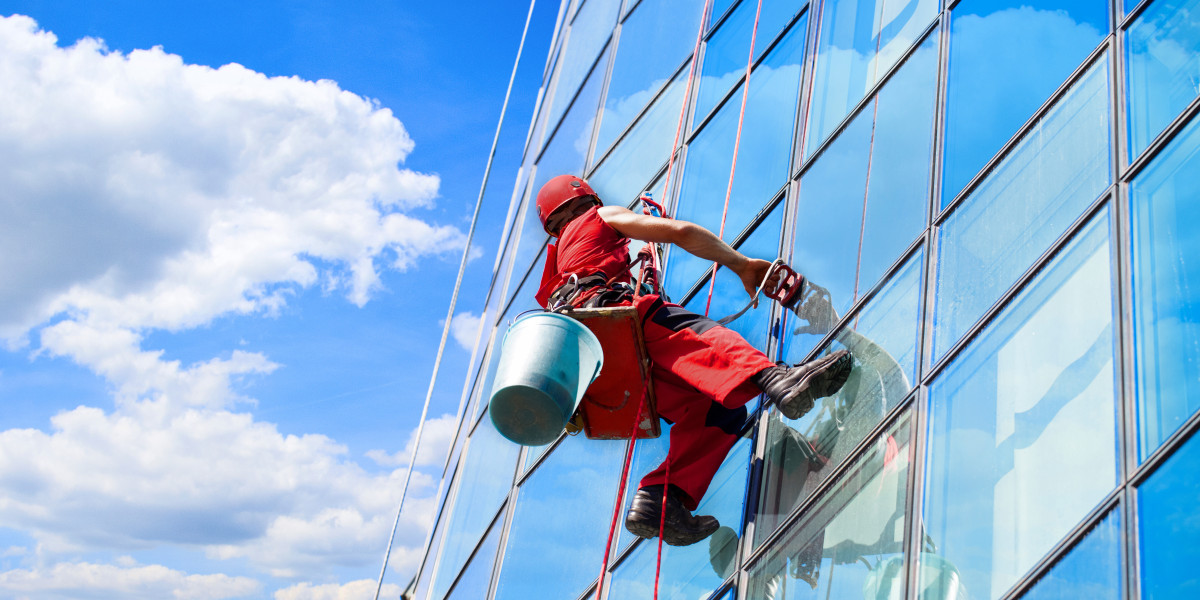Elevation masks, also known as altitude training masks or hypoxic masks, are designed to restrict airflow during physical activity, mimicking the reduced oxygen levels experienced at higher elevations. By limiting the intake of oxygen, these masks aim to challenge the respiratory system and enhance its efficiency over time.
How Elevation Masks Work
Elevation mask feature adjustable valves or air resistance settings that allow users to regulate the amount of air entering the mask during exercise. By reducing the volume of air available for inhalation, these masks create a hypoxic environment within the mask, forcing the body to adapt by increasing oxygen utilization and improving respiratory muscle strength.
Benefits of Using Elevation Masks
The use of elevation masks offers several potential benefits for athletes and fitness enthusiasts:
Improved Cardiovascular Endurance
Training with an elevation mask can enhance cardiovascular endurance by increasing the workload on the heart and lungs. The respiratory resistance provided by the mask challenges the cardiovascular system, leading to adaptations that improve overall endurance.
Enhanced Respiratory Muscle Strength
Regular use of elevation masks can strengthen the respiratory muscles, including the diaphragm and intercostal muscles, which play a crucial role in breathing. By subjecting these muscles to resistance during training, elevation masks help increase their strength and efficiency.
Mental Toughness and Focus
Training with an elevation mask requires mental fortitude and concentration, as athletes must push through discomfort and maintain focus on their breathing technique. This mental resilience can translate to improved performance in competitive settings and everyday life.
Considerations for Using Elevation Masks
While elevation masks offer potential benefits, it's essential to consider the following factors before incorporating them into your training routine:
Proper Fit and Comfort
Ensure that the elevation mask fits securely and comfortably over your face, with adjustable straps to prevent slippage during exercise. A proper fit is essential for maintaining effectiveness and minimizing discomfort during training sessions.
Gradual Progression
Start with low resistance settings and gradually increase the intensity of your elevation mask workouts over time. Sudden exposure to high levels of resistance can lead to excessive fatigue and strain on the respiratory system.
Supplemental Training
Elevation mask training should be used as a supplement to traditional training methods rather than a replacement. Incorporate a variety of cardiovascular and strength training exercises into your routine to maximize overall fitness and performance.
For more details visit our website: Training Mask
Conclusion
In conclusion, elevation masks can be valuable tools for athletes and fitness enthusiasts looking to enhance their training performance and respiratory fitness. By simulating high-altitude conditions and challenging the respiratory system, these masks promote improvements in cardiovascular endurance, respiratory muscle strength, and mental toughness. However, it's essential to use elevation masks judiciously, ensuring proper fit, gradual progression, and integration with a well-rounded training program for optimal results.








